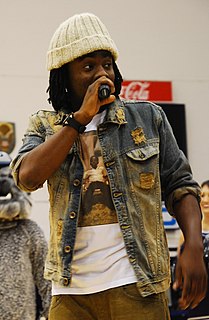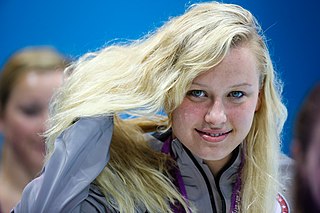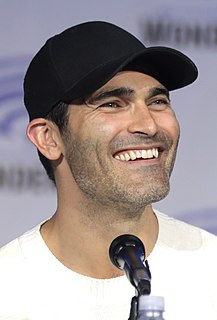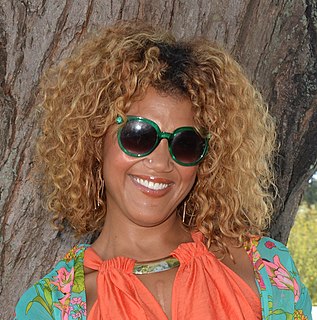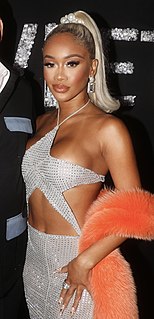A Quote by Nafessa Williams
It's nice to be a part of a show I was passionate about and that's pushing the culture forward. I feel 'Black Lightning' is doing that for sure.
Related Quotes
Some interviewers aren't even interested. They're just doing it because they gotta do it. Life is nothing without passion. Whatever you're doing, at least be passionate about it because I'm passionate about what I'm doing. I'm passionate about the words I'm saying right now. Just be passionate. When the interviews is passionate, it's more conversational and we're not covering the same ground.
I absolutely never thought I would! But it's something to look forward to in my career. I'm not just the young, leading guy who falls in love, simple and naive. Even just doing Enjolras recently in Les Mis. I used to cover Marius and thought: "Oh, that's simple. What I should be doing." But then when I got Enjolras, I hadn't even thought about it. He's more powerful, sure of himself, a leader. It was nice! It was much harder singing, passionate, declamatory. Which was awesome - and now this!
I felt like it was a courageous show [Black-ish] from the beginning. We are a black family - we're not a family that happens to be black. But the show is not even about us being black. The show is about us being a family. That is groundbreaking - on TV, the black characters either happen to be black or they're the "black character," where everything they say is about being black. I think that's the genius.
'Smart Funny and Black' is basically a live black pop culture game show that I created. We have a live band. We have two contestants that we call 'blacksperts.' They come on stage and compete in games that I've created that test their knowledge of black culture, black history, and the black experience.
It's very necessary, showing the positive aspect of a black father. We see a lot of black women being the head of the household and holding the house down, but I think we need to have those images because there are black fathers out there who are doing the same thing and who are the glue to the family. That's who Black Lightning is.
One of the facets of growing up the way I did, I never had the experience of being solely in the black community. Even my family, my mother is what they call Creole, so she's part French, part black, and grew up in Louisiana. It's a very specific kind of blackness that is different than what is traditionally thought of as the black community and black culture. So, I never felt a part of whatever that was.



